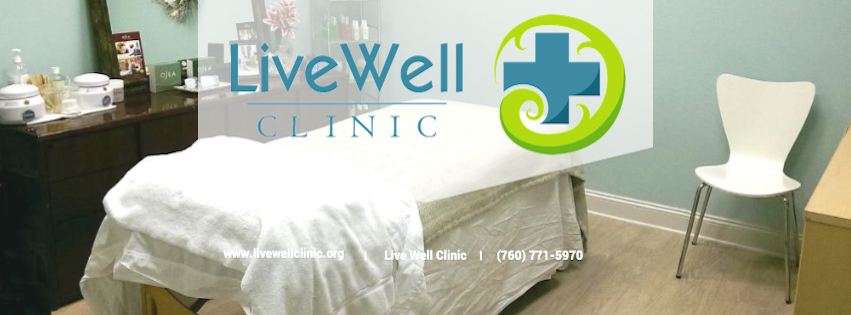NAD: New Powerhouse in Cellular Repair and Anti-aging
Why do we age? Your body is made up
of about 10 trillion cells that form our tissue, organs, blood, etc. Each cell
has an essential part called mitochondria which makes energy for the cell to
use and a nucleus containing DNA to indicate how the cell should function. As
our cells die or replicate, we lose a little bit of our telomeres (DNA length)
each time. Telomere length represents our biological age as opposed to our
chronological age. The more our DNA repairs by replication, the shorter the
lifespan of the cell. As we age, oxidative stress from toxin exposures from the
environment, smoking, what we eat and drink, and life stressors in general, can
damage our DNA even faster, causing us to age faster, not counting our genetic
health predispositions.
Nicotinamide adenine dinucleotide
(NAD) is one of the most important molecules involved in aging. It is used in
every cell of your body and has been shown to decrease with age. NAD has
multiple functions, but the top three anti-aging mechanisms are: 1) promoting
DNA repair by acting as fuel for the repair enzyme (PARP-1) that is triggered
by DNA damage; 2) maintaining telomere length by activating sirtuins, a DNA
regulator; 3) NAD is a crucial precursor to ATP, our cell’s major energy
source. With these crucial processes, NAD has been shown to slow cellular aging
by reducing oxidative stress and inflammation and by improving cardiovascular
and brain function, mitochondrial function, mood stability, and metabolic
disease.
What’s the best way to increase NAD?
Historically, research has shown
that calorie restriction and exercise increases NAD. Currently, there are
several ways of improving NAD levels. NAD is not stable taken orally; however,
oral supplementation of NAD precursors such as nicotinamide riboside (NR),
nicotinamide mononucleotide (NMN), niacin (B3), and nicotinamide can help
increase NAD indirectly. A stable intravenous (IV) infusion form of NAD used in
a clinical setting can directly increase levels. Although NAD is not yet
FDA-approved, there are several human trials of NAD precursors underway
globally, and preliminary studies show promising results.
As with any supplement or
medication, ask your integrative doctor or pharmacist before introducing any
new product.



Comments
Post a Comment